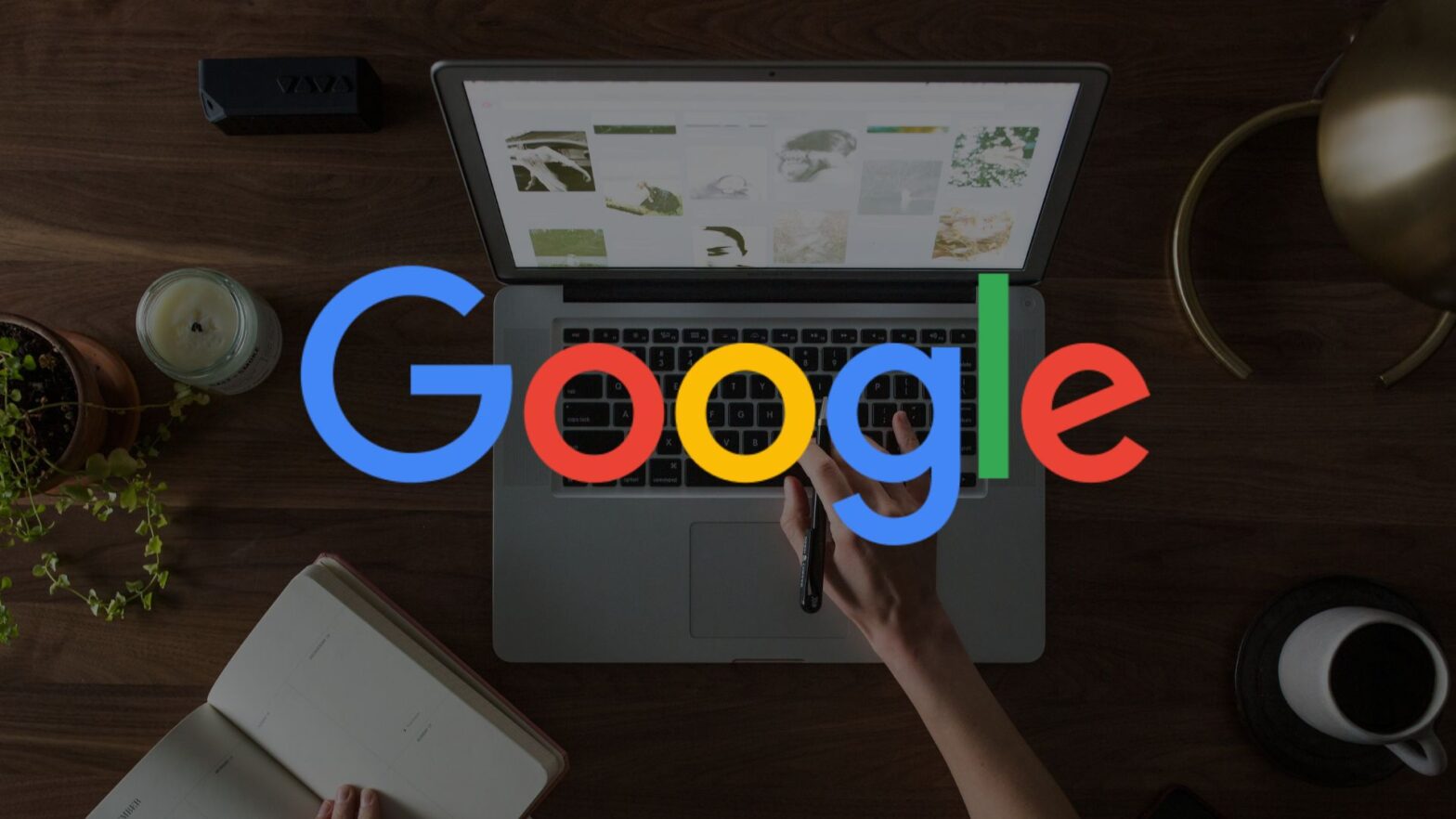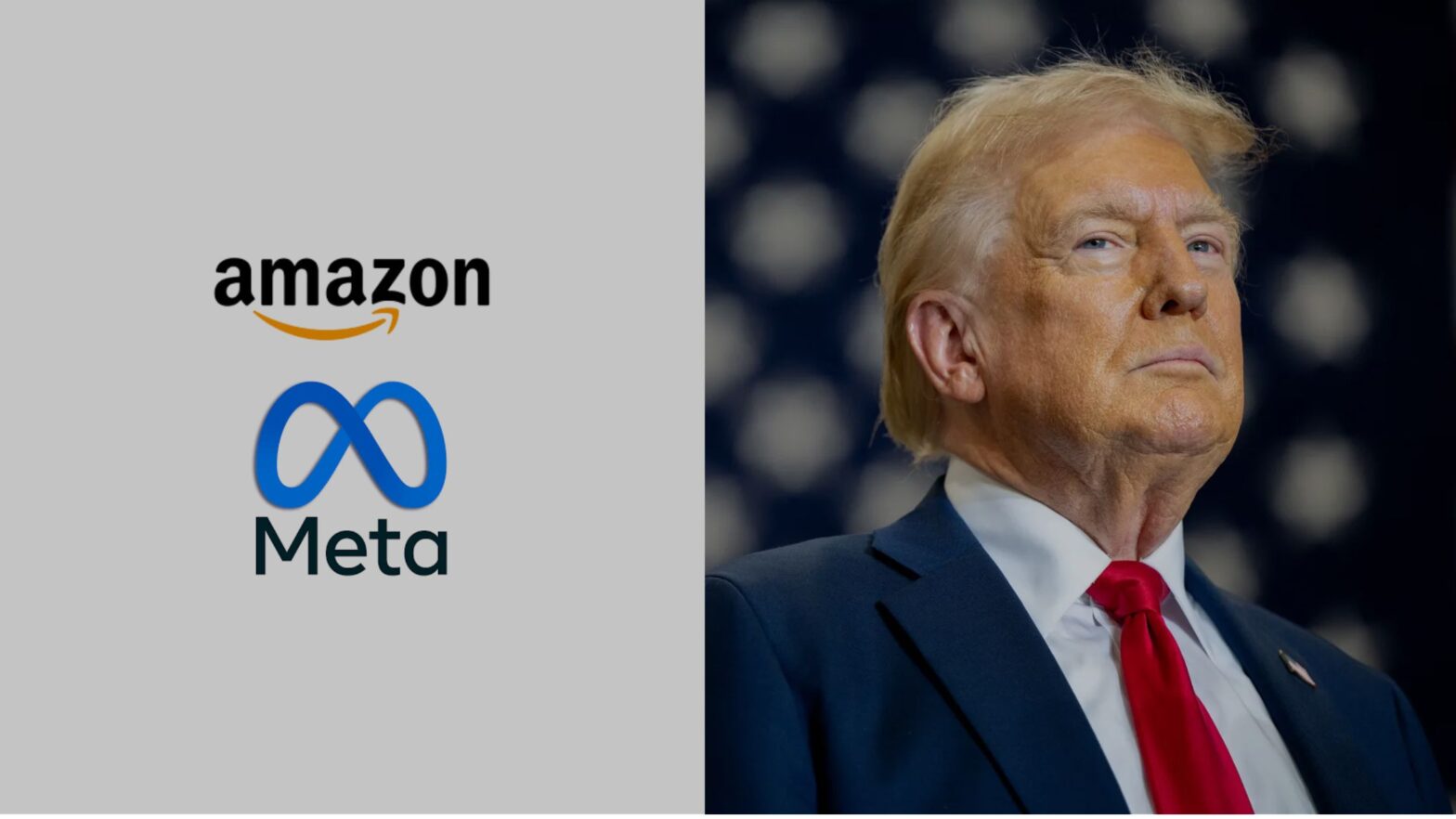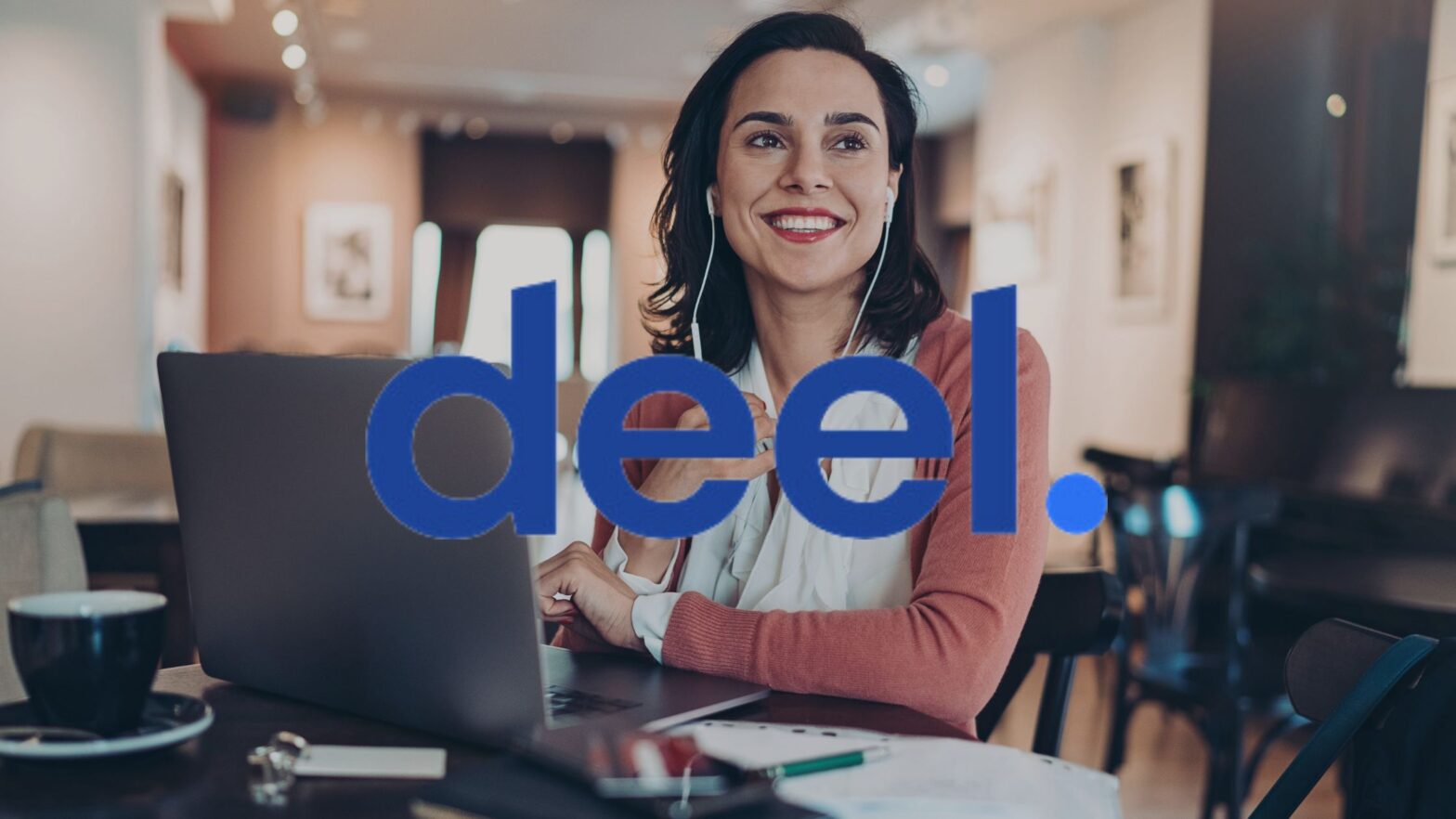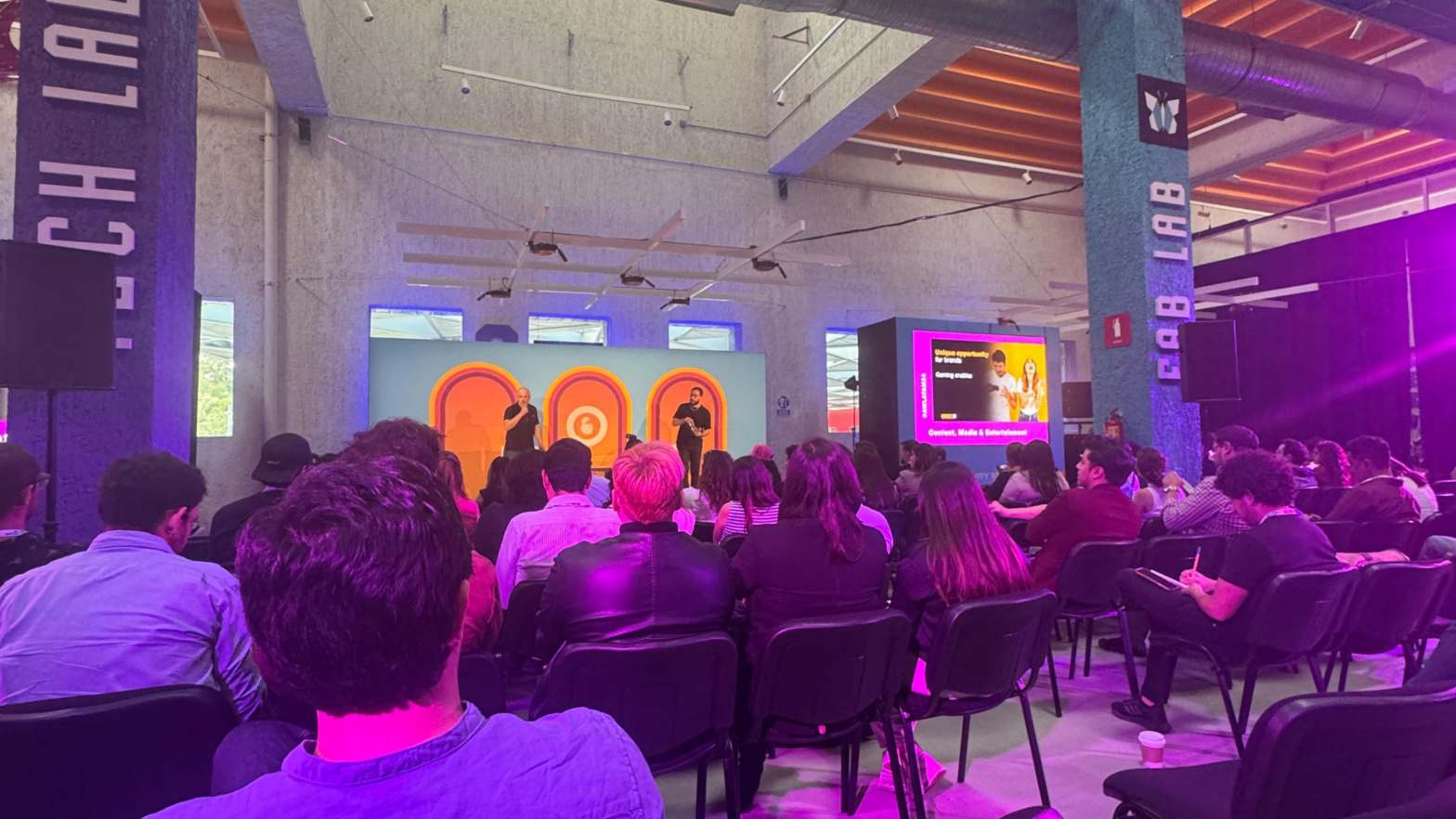Google launches generative AI advertising and introduces video-based search
October 7, 2024

Google, the company that transformed how we access information over two decades ago, is taking another leap forward. This time, it’s combining artificial intelligence (AI) and advertising in a move that promises to be a game changer for both users and advertisers. The company, part of Alphabet Inc., has decided to integrate ads directly into AI-generated summaries in its search results.
Since launching its AI-generated summaries, Google has faced scrutiny from investors and tech experts who fear these features could undermine its core business model: search advertising. This model, which accounts for over 80% of Alphabet’s revenue, might be at risk if users start getting complete answers without needing to click on traditional web pages.

With AI-generated summaries, a simple query like “How do you remove a grass stain from pants?” yields a concise couple of paragraphs that contain the answer. But what happens to the digital ecosystem and the websites that traditionally provided that information? In May of this year, Google promised to experiment with integrating ads into these summaries to ease this tension, and now that promise is becoming a reality. The technology not only seeks to enhance user convenience but also to ensure the sustainability of the advertising model that underpins much of the internet.
During a recent demo, Google showcased examples like the mentioned laundry stain query, where ads for laundry products from well-known brands like Tide and OxiClean appeared directly within the response. This integration aims to bridge the gap between the user looking for a specific solution and the brands offering products aligned with that solution.
Google has also rolled out another feature aimed at making searches more visual and intuitive: the ability to search using videos. Imagine being at an aquarium, surrounded by fish, and wondering why they swim in groups. With this new functionality, you can simply record a short video of the fish and ask the question aloud. Google’s AI analyzes the visual content and provides a contextual answer, making search as simple as pointing your camera and asking.
The impact on advertisers and website owners is significant. On one hand, advertisers can benefit from prominent placement in search results, which seems promising for those looking to boost visibility in an increasingly competitive attention economy. On the other hand, Google has stated that it will not share ad revenue with publishers whose content is cited in these summaries, potentially opening a new chapter in the ongoing debate over fair use of third-party generated content.




